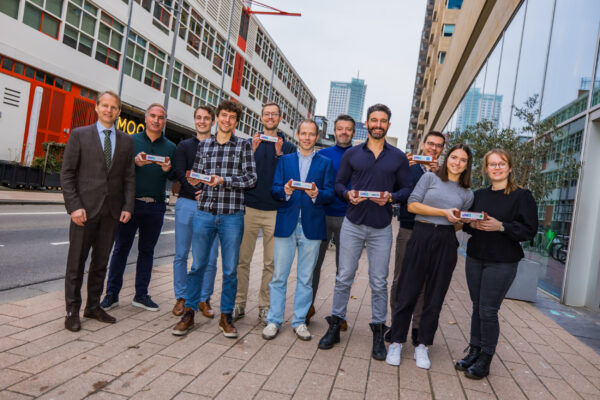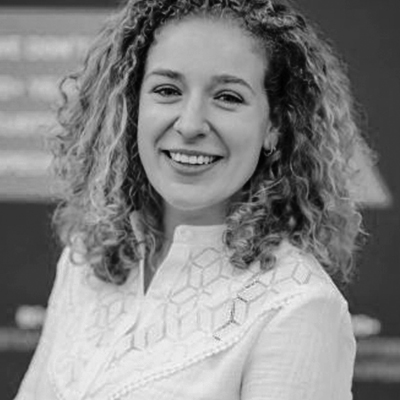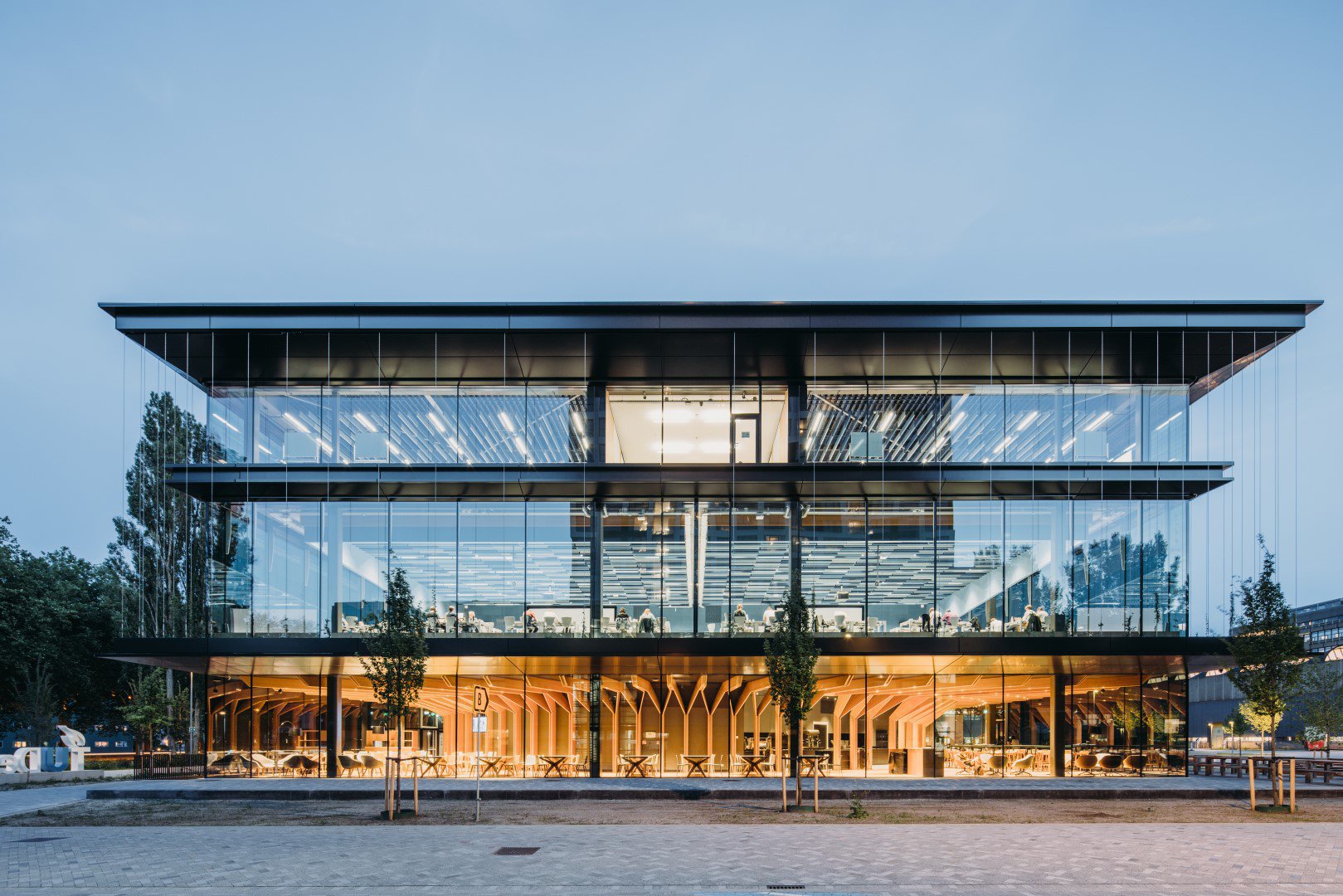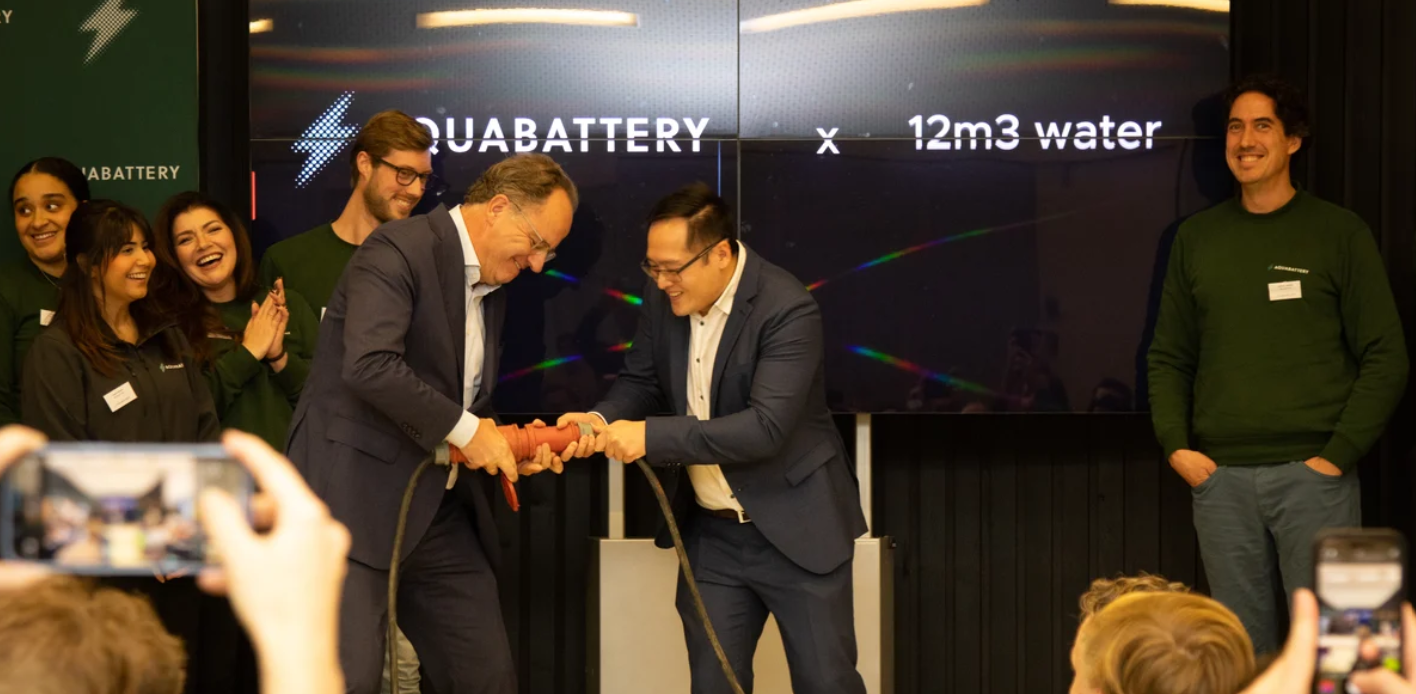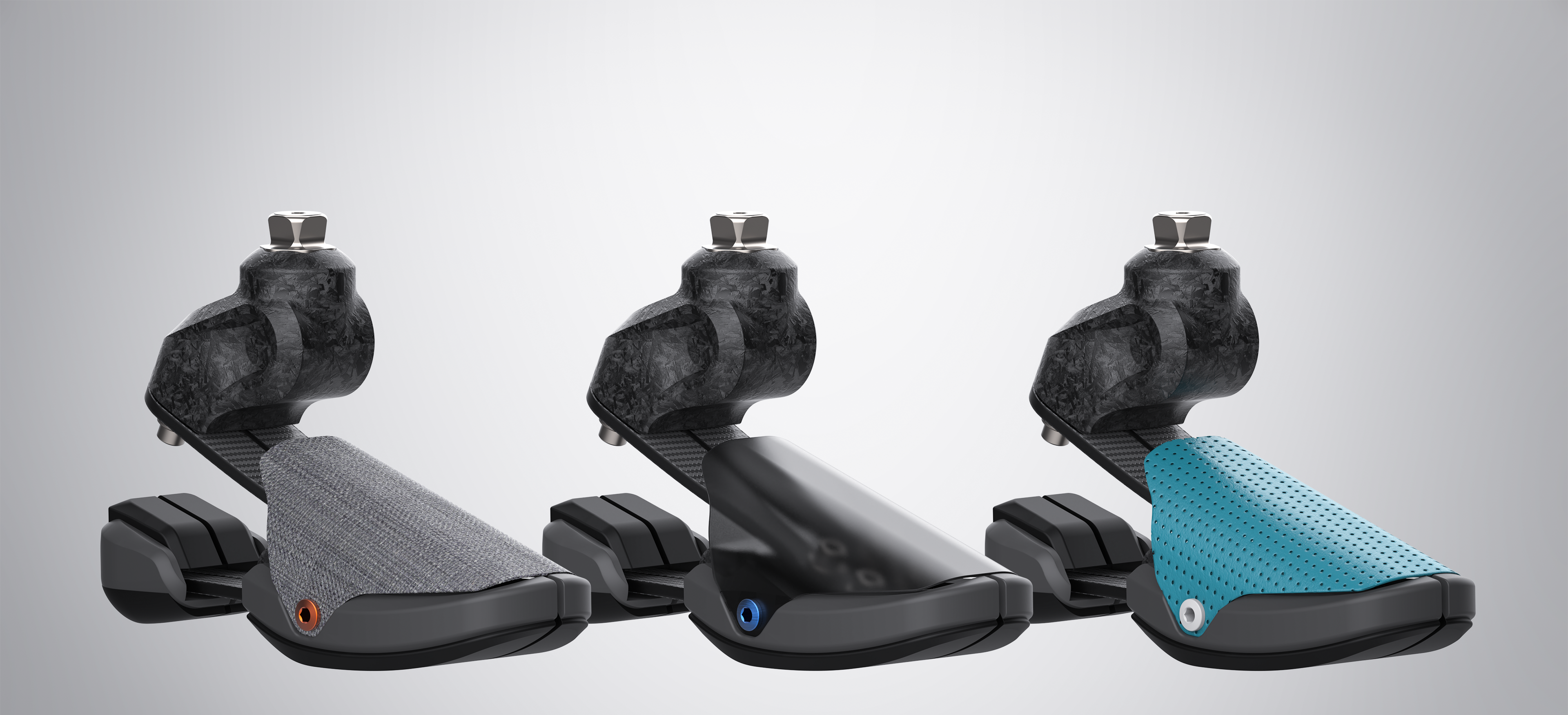The South Holland innovation ecosystem is diverse, as the seven investments announced by early-stage fund UNIIQ last Monday at theatre LantarenVenster in Rotterdam shows: they are active in the research areas of software, hardware and life sciences & health. Delft is doing incredibly well, as no less than five of the seven start-ups are based on TU Delft Campus, four of which are spin-offs from TU Delft. Martine Nieuwenhuizen of UNIIQ/Delft Enterprises: “The convertible loan helps the companies to further develop their pioneering technologies, a big step towards more social impact!”
Never before has UNIIQ announced so many investments at the same time. The seven start-ups in which the early-stage fund is investing €350,000 are: Wave Energy Collective, IridescentBio, Lobster Robotics, BlueGen.ai Solutions, Councyl, ExCulture and Ore Energy (the last five of which are from Delft, and the last four Delft Enterprises portfolio company). Combined, the investment amounts to €2,450,000. With the announcement, UNIIQ aims to showcase the diversity of the South Holland innovation ecosystem while providing networking opportunities for the young companies.
Underwater robots and wave energy
Mapping the seabed is a costly business. With a swarm (or rather a school) of autonomous underwater robots, Lobster Robotics is changing this. The technology is scalable and produces imagery of unprecedented quality. We stay at sea with Weco (Wave Energy Collective). Waves move in two directions: vertically, swell up and down, and horizontally. This start-up is working on an affordable, easily applicable and storm-proof technology that converts horizontal wave movement into energy.
Energy storage
To make the most of that wave energy, as well as wind and solar energy, large-scale energy storage is needed. Ore Energy has developed a technology for this that does not rely on rare earths. Instead, the startup uses materials that are available everywhere.
Privacy-sensitive data mimicry and data-driven decisions
BlueGen.ai, a spin-off from TU Delft, developed a technology based on machine learning to mimic privacy-sensitive data. For example, software manufacturers use the data to test their products in a privacy-friendly way with real-life data that does not come from individuals.
SaaS platform Councyl helps to improve decision-making processes within organisations. By having employees make judgments in hypothetical cases, the algorithm finds out which decision-making processes lend themselves to automation. At the same time, it uncovers the variables and weighting factors underlying decision-making.
Antibody prediction and biobased drugs
Also a SaaS platform, but for recognising and optimising antibodies. In doing so, IridescentBio supports drug development. The start-up’s platform helps researchers predict the physicochemical properties of antibodies based on molecular structure.
The production of heparin, a drug that inhibits blood clotting, requires one billion pigs a year. ExCulture is applying a new technology for bio-based, animal-free production of the blood thinner. The start-up plans to use this technology for other drugs as well.
UNIIQ investment manager and Investment Manager at Delft Enterprises Martine Nieuwenhuizen says:
“The four new TU Delft spin-off companies in the UNIIQ portfolio, BlueGen.ai, Councyl, Ore Energy and ExCulture form a good combination of the research areas of software, hardware and life sciences & health. These companies add incredible value to the TU Delft Campus ecosystem with their innovations. The convertible loan from UNIIQ/Delft Enterprises helps the companies to further develop their pioneering technologies, a big step towards more societal impact!”
